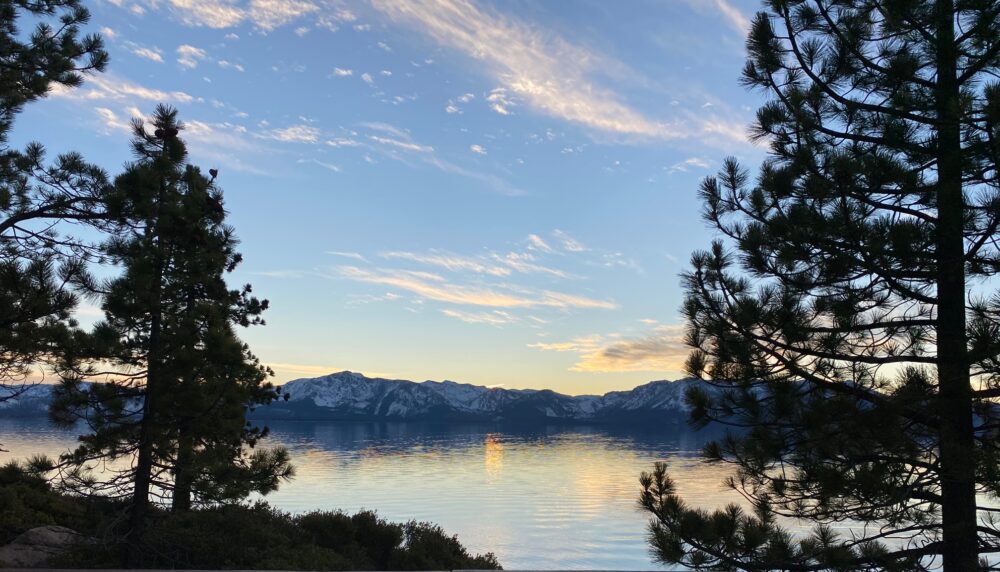

For the last several weeks, I’ve been prepping for a series on ‘being male & being female” – exploring how God’s has put us together & created us; to me, this means understanding what it means to be male/female, & also how our identity, role assumptions, life choices, & ultimately every one of our relationships are greatly affected by sin/our fallen nature. BTW: the symbol at left is historically the one used for male – (& Austin Powers, but I digress) & originated from identification w/the little ‘g’ god, Mars… which is why the arrow points to the NE, & is supposed to remind us of Mars’ shield & arrow.) The symbol at right is the historical symbol for female & originated from identification w/the little ‘g’ goddess, Venus – the little cross is supposed to represent Venus’ hand mirror… (so, no, John Gray & Barbara DeAngelis didn’t come up with this Men are from Mars, Women are from Venus idea…)
In some ways, this study has been like descending a spiral stair case that seems like it couldn’t REALLY go any farther down, only to find that every ‘floor’ that is descended exposes yet another flight of descending stair. It would be easy to get lost in this topic. Some of the things that I’ve been sorting through:
-God’s intended role for Adam/Eve in Eden.
-what it means to live as a godly man/woman, & how much of who we are/what we become is unique, often not fitting too well with preconceived stereotypes
-how people w/infomation & education (often men) have used their info/education to exploit others
-how role expectations affect our behavior; whether it be how we embrace certain behaviors as “things men/women do” & conversely then, “don’t do” & how we can intentionally choose an opposite role of what we “should do” in order to protest/rebel/avoid not measuring up to an expected role we’re ‘supposed’ to fill.
-men & women: equal but different
-using/misusing the Bible for selfish purposes; in many ways, this has meant justifying sexist (or at least anti-woman) practices ideas, esp. when it comes to spiritual leadership.
-the emasculation of men as an overcorrection to the above behavior
-the effect of the curse on our lives, choices, actions, & behaviors – esp. in our relationships (see Genesis 3 – on the serpent, Eve & Adam)
I’m hoping to see great freedom, wholeness, restoration, & truth in our personal lives & interpersonal relationships as a result of where we’re heading… & at the same time, feel as though I’m heading into a minefield.




